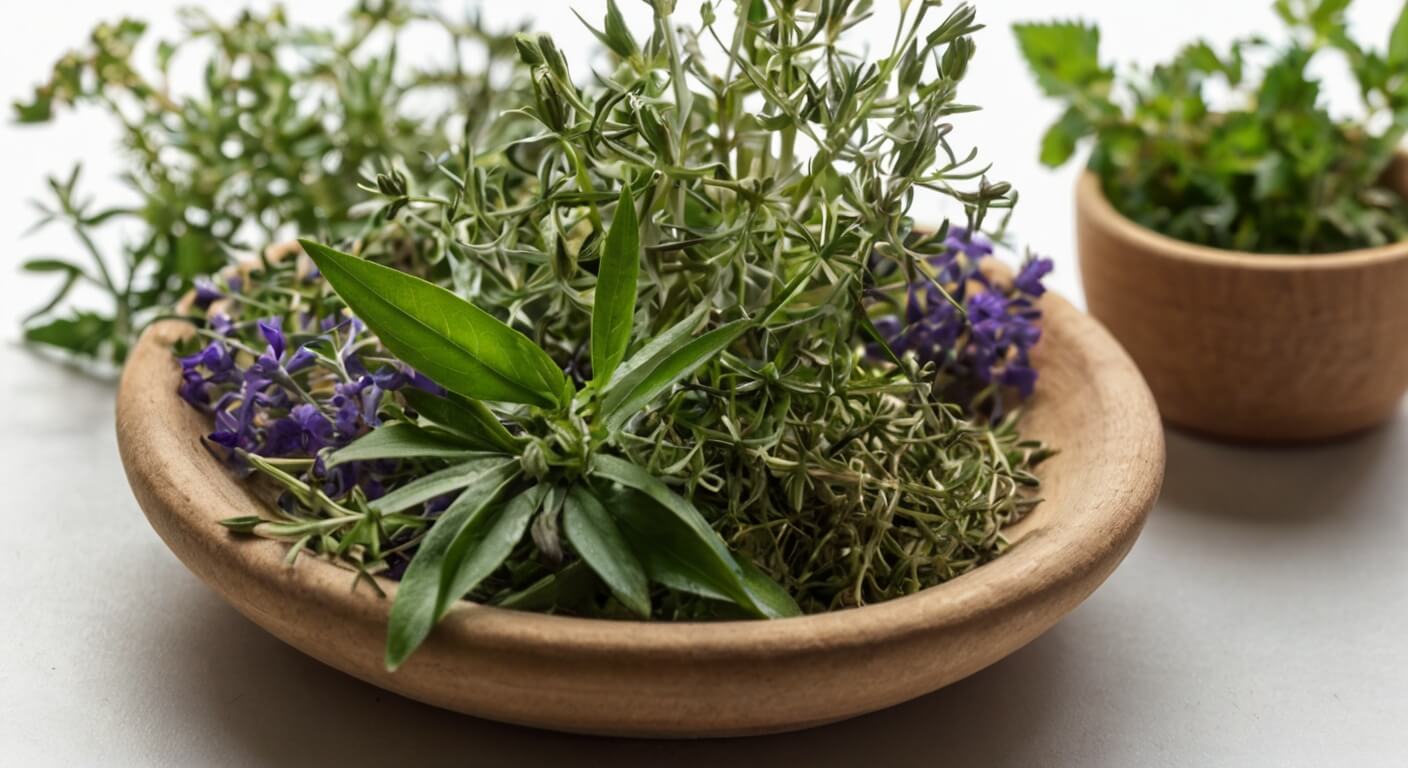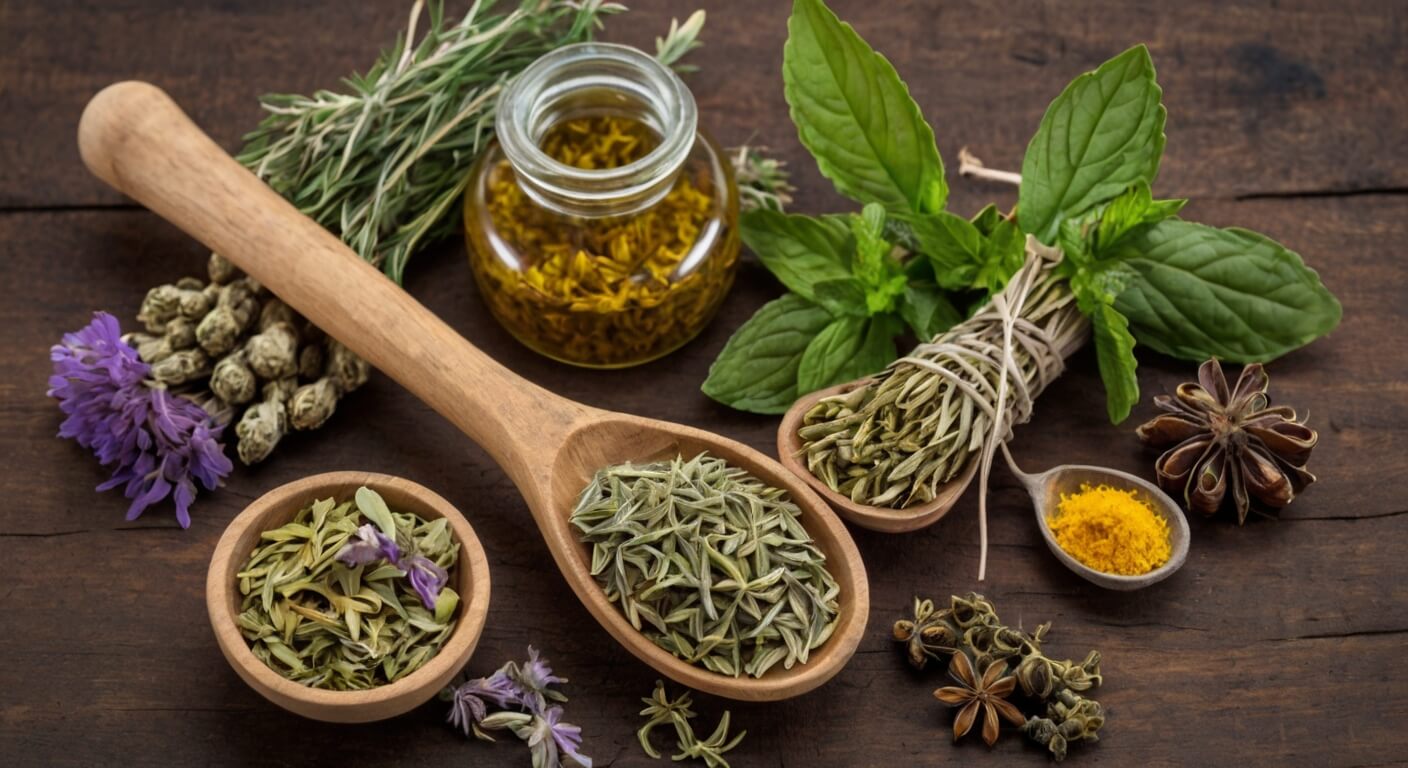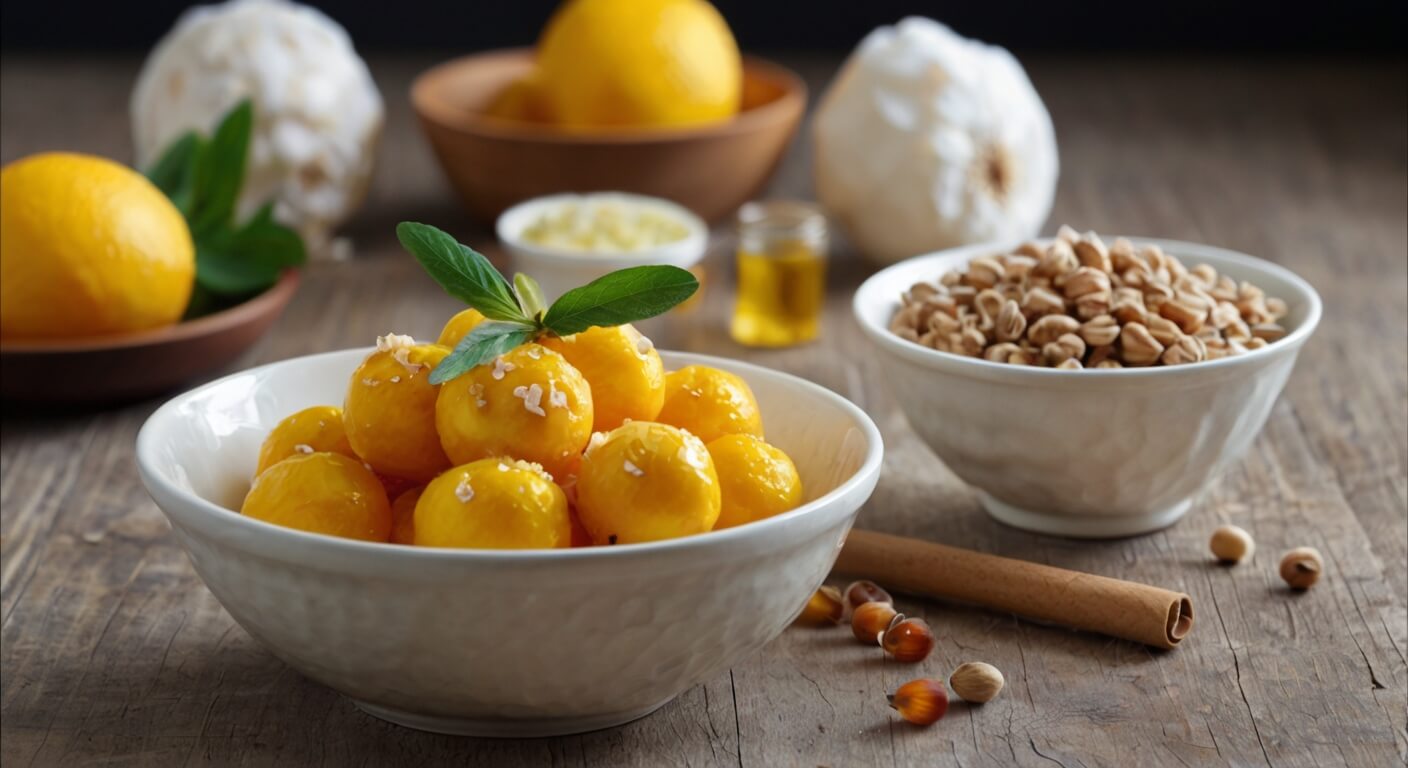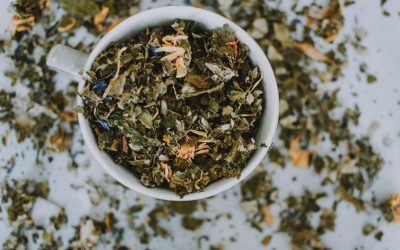As a gardener meticulously tends to their plants, removing pests and nurturing growth, so too can you cultivate your body’s defenses using nature’s own remedies—antiviral herbs. You’ve likely heard whispers of their benefits, or perhaps you’re seeking alternatives to conventional medicine’s approach to viral infections. Loaded with compounds that may bolster your immune system, herbs like echinacea, elderberry, and astragalus have been used for centuries, suggesting there’s more to these plants than mere folklore. They’re not magic bullets, but incorporating them into your daily regimen could be a strategic move in your overall health strategy. You’re probably wondering which herbs have the best evidence behind them or how to use them effectively without overstepping into the realm of overuse or interference with other medications. Let’s explore the delicate balance of harnessing the power of antiviral herbs while understanding their limitations and potential interactions, ensuring you’re equipped with the knowledge to make informed decisions about your health arsenal.
Key Takeaways
- Antiviral herbs have been used in traditional medicine systems around the world and can boost the immune system.
- Certain antiviral herbs, such as oregano, sage, basil, and garlic, have been proven effective against various viruses.
- Proper usage and dosage of antiviral herbs are crucial for maximizing their benefits and consulting with a healthcare provider is essential.
- Antiviral herbs can be incorporated into daily routines and diets through herbal teas, tinctures, or culinary preparations to proactively boost immune system defenses.
Understanding Viruses
Viruses, the elusive invaders of living cells, challenge our immune system and demand a comprehensive understanding to devise effective countermeasures. As microscopic agents of disease, viruses can infiltrate your body, hijacking the machinery of your cells to replicate and spread. You’re constantly exposed to viral infections, from the common cold to severe respiratory illnesses like COVID-19. To keep your immune system strong and ready to fend off these pathogens, it’s essential to grasp how they operate and propagate.
These infectious particles lack a cellular structure, placing them on the fringe of life. They’re adept at transmission through various methods, including droplets from coughs and sneezes, blood-sucking insects, contaminated surfaces, intimate contact, and exposure to infected fluids. Each virus presents a unique challenge to your immune response, requiring a tailored strategy to boost your immune system.
Your body’s defense mechanism is designed to detect and neutralize viral invaders. However, the cunning nature of viruses, with their capacity to mutate and adapt, necessitates ongoing research to stay ahead. Antiviral properties in treatments and natural remedies can inhibit viral replication, fortifying immune function and offering a line of defense against these pathogens.
You play a pivotal role in this battle by maintaining a vigilant immune response. Embracing habits that support your health and harnessing knowledge about antiviral strategies can empower you to help others stay resilient against viral infections. Remember, staying informed and proactive is your best shield in keeping communities healthy and safeguarding the well-being of those you serve.
Defining Antiviral Herbs

Harnessing the power of antiviral herbs can bolster your immune defenses against the relentless evolution of viral pathogens. These natural remedies are a cornerstone in both traditional medicine and modern research, offering a holistic approach to preventing and managing viral infections.
Antiviral herbs are not a one-size-fits-all solution, but rather a diverse group of botanicals with unique properties that can boost the immune system. They’ve been utilized for centuries, especially in traditional Chinese medicine, and have gained attention for their ability to interfere with viral replication and strengthen immune response.
Here are some reasons to consider antiviral herbs:
- Natural Composition: Antiviral herbs, such as garlic and echinacea, come from nature, making them a holistic choice for those looking to use less synthetic substances.
- Research-Backed Benefits: While more research is needed, some studies suggest that certain antiviral herbs can effectively combat viral pathogens.
- Traditional Medicine Integration: These herbs have been used in traditional medicine systems around the world, supporting their role in boosting the immune system.
Remember, while antiviral herbs can be effective, they’re not a substitute for professional medical advice or treatment. It’s essential to discuss their use with a healthcare provider, particularly for those with pre-existing conditions or those taking other medications.
Effective antiviral herbs like oregano, sage, and licorice have been shown to act against a variety of viruses. However, it’s important to note that most research has been conducted on concentrated extracts. If you’re passionate about serving others and promoting wellness, incorporating antiviral herbs into your natural health practices could be a valuable addition to your toolkit.
Top Immune-Boosting Herbs

Commonly incorporated into health regimens, oregano stands out as a powerful immune-boosting herb due to its carvacrol content, which has been scientifically validated for its efficacy against several viruses. As you explore natural remedies, consider oregano’s proven ability to combat pathogens like norovirus and HSV-1. This herb embodies the synergy of traditional medicine and modern science, offering you a way to boost the immune system holistically.
Sage is another herb with powerful antiviral properties, thanks to compounds like safficinolide and sage one. These substances not only fight viral infections but also inhibit HIV activity, showcasing sage’s potential in antiviral herbal therapies. Its use in enhancing the immune responses aligns with the principles of caring for others by providing potent natural tools to fend off illness.
In the realm of antiviral herbs, basil, particularly sweet basil and holy basil, is notable for its potent antiviral effects against formidable adversaries such as herpes viruses and hepatitis B. Integrating basil into your diet or health practices can be a proactive step to boost immune system defenses, reflecting a commitment to preventive health care.
Fennel extract’s strong antiviral effects against herpes viruses exemplify the immune-boosting capabilities of these natural allies. Its role in supporting the immune system is a testament to the holistic approach of harnessing nature’s pharmacy to promote well-being.
Lastly, garlic’s broad-spectrum antiviral activity is renowned. It targets influenza, HIV, HSV-1, viral pneumonia, and rhinovirus, enhancing the immune system’s ability to protect and heal. Incorporating garlic into your service to others ensures you’re offering a robust, immune-boosting herb that’s both accessible and effective.
Herb Usage and Dosage
Understanding the proper usage and dosage of antiviral herbs is crucial for maximizing their immune-boosting benefits safely and effectively. These natural remedies have been used in traditional medicine for centuries, offering immunomodulatory effects that can help fend off pathogens. To help you integrate these natural antivirals into your regimen, consider the following key points:
- Consult with a professional: Always talk to a healthcare provider before adding any herbal medicine to your routine, especially if you have pre-existing conditions or are taking medications.
- Start with low doses: Begin with smaller amounts to see how your body reacts and gradually increase to the recommended dosage.
- Understand the herb: Research the specific antiviral herbs you’re interested in to learn about their unique properties and potential interactions.
Herbal medicine can be a powerful tool for enhancing the immune system, but it’s important to approach usage and dosage with care. Each herb comes with its own set of guidelines. For instance, echinacea, a well-known immune system booster, is often recommended in specific dosages for short-term use to prevent potential overstimulation of the immune system. Similarly, elderberry extracts are commonly used at the onset of symptoms, but long-term usage is typically not advised due to a lack of studies on prolonged consumption.
Antiviral Recipes

Have you ever wondered how to incorporate antiviral herbs like oregano, sage, and garlic into your diet to enhance your immune defenses? These powerhouses of traditional medicine can be woven into your meals to help ward off viral infections and boost your immune system.
One way to harness the antiviral properties of these herbs is through cooking. For instance, you can make a robust immune-boosting soup by simmering garlic, which has been shown to combat influenza and HIV, with vegetables and chicken bone broth. Add a sprig of oregano, rich in carvacrol, to reduce the activity of viruses such as norovirus and HSV-1.
For those experiencing upper respiratory symptoms, a tea made from sage, containing safficinolide, can provide relief. Steep sage leaves with a hint of lemon and honey for a soothing drink. Similarly, fennel extract, which exhibits strong antiviral effects, can be used in teas or as a seasoning in dishes.
Another method is through the use of essential oils extracted from these antiviral herbs. You can diffuse oregano or sage oil in your home to purify the air and potentially reduce airborne pathogens. Additionally, consider supplements like olive leaf extract, known for its immune-strengthening effects, or licorice root, which has a long history in natural remedies for its antiviral benefits.
Incorporating these antiviral herbs into your daily routine can be a holistic approach to maintaining health and reinforcing your body’s natural defenses. Remember, these natural remedies support, not replace, the advice of healthcare professionals. Always consult with a practitioner when adopting new health strategies, especially when dealing with powerful compounds.
Potential Risks and Effects
While integrating antiviral herbs into your diet can bolster your immune system, it’s essential to be aware of the potential risks and effects associated with their use. The compounds that have antiviral properties may offer health benefits, but they can also lead to side effects, especially when not used correctly. Regular use can sometimes cause more harm than good if you’re not cautious.
Here are some important considerations to keep in mind:
- Interactions with Medications: Antiviral herbs can interact with prescription drugs, potentially altering their effectiveness or causing adverse reactions.
- Concentrated Extracts: Research often focuses on highly concentrated extracts, which may not be representative of the effects of small, culinary doses.
- Consult Healthcare Providers: Before starting any new herbal regimen, especially for antiviral purposes, it’s critical to talk with a healthcare professional.
Remember, products and information related to antiviral herbs are for informational purposes only. Healthline Media LLC and similar platforms emphasize that their Media does not provide medical advice, diagnosis, or treatment. This underscores the importance of seeking guidance from a healthcare provider before making changes to your health regimen.
The scientific community acknowledges that while antiviral herbs can contribute to a holistic approach to health, the landscape is complex. Supplements may include potent extracts or tinctures, and safe usage is crucial to avoid potential risks and effects. The research on antiviral herbs is often conducted on concentrated extracts, not the small doses you might use in your kitchen, so the real-world effects can be uncertain.
In serving others, you aim to do no harm. Therefore, always encourage those you help to consult a healthcare provider before using herbal products to ensure their safety and well-being.











